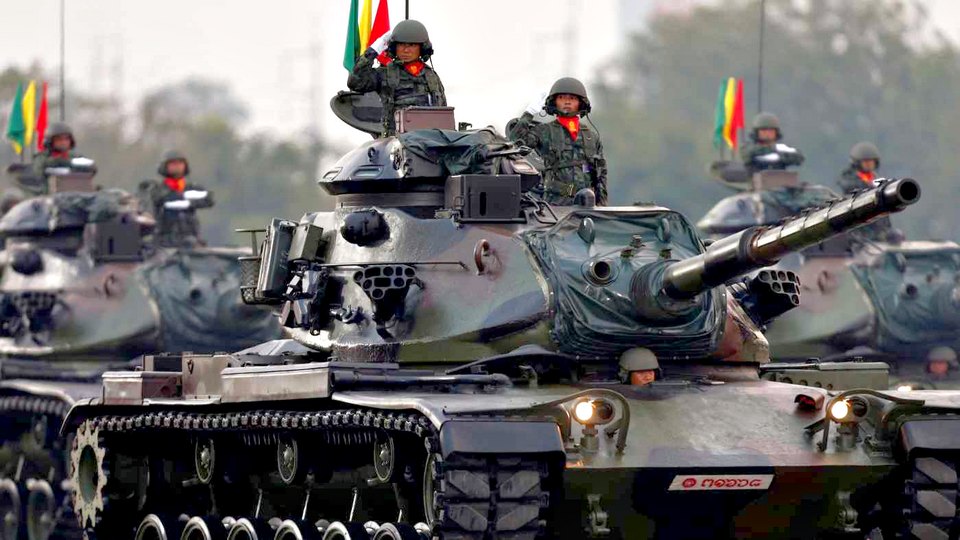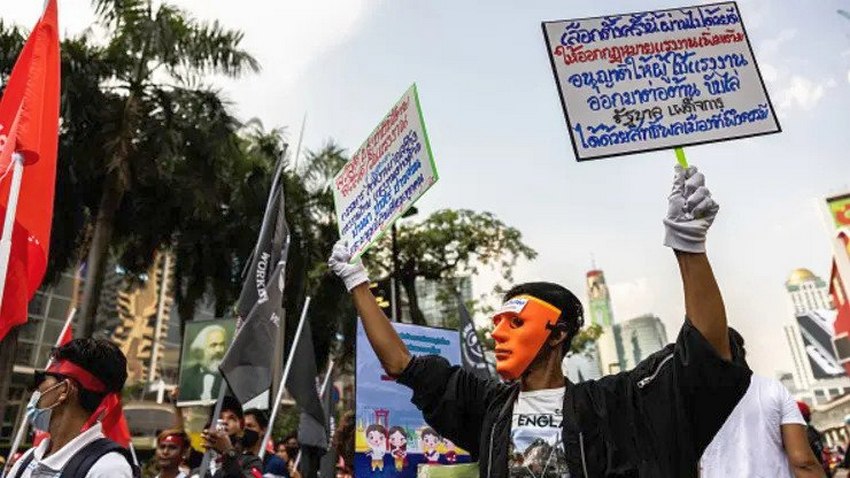
Expectations are mixed with trepidation as Thais prepare to cast their votes on Sunday. All respectable opinion surveys strongly suggest that the pro-royalist military parties will be swept aside by the populist Shinawatra-backed Pheu Thai Party and by the more radical Move Forward Party which is campaigning for reform of the lese majeste laws and an end to military conscription.
Already, the Electoral Commission or EC – whose members were chosen by the present government – is investigating the Pheu Thai Party for dishonesty about its controversial promise to put a 10,000 baht (US$300) digital wallet in the bank account of every citizen. Meanwhile, a government coalition party, Bhumjaithai, has separately complained to the EC. Bhumjaithai is objecting to Pheu Thai’s alleged criticism that decriminalization has unleashed a drugs free-for-all party which is apparently harming the country and its reputation.
The EC has the authority to refer Pheu Thai to the Constitution Court which in turn has the power to disqualify the party, potentially throwing the country into a political crisis of earthquake proportions – just after the vote counting was completed. Public chaos and disorder would doubtless require urgent military intervention once again, but an immediate self-coup would lack real legitimization and justification which have always been the key excuses by those carrying out a putsch. It would be difficult to claim a coup was necessary to end corruption and to restart democracy when pro-government judges had just disenfranchised millions of voters.

The bigger danger of a “political accident” is later in the year. The results of the general election will take months to confirm as there will be the usual public complaints of voter fraud and bribery for the EC to investigate. In the meantime, the current government will remain in charge in a caretaker role. Prime minister and ex-army head Prayut Chan-o-cha has already warned the country should come “first” and that voters should cast their ballots in a “sensible” fashion. The point, he has said, is unity not just democracy. His biggest nightmare is the electoral victory of Pheu Thai and the likely return of exiled Thaksin Shinawatra.
The months of waiting for a formal declaration of election results could be a very tense time. There will be the usual attempts to lure MPs, known as cobras, from their affiliated party to switch sides for a pecuniary interest. The pro-junta Senate has 250 members, all selected by the current government, who can vote alongside the 500 MPs in the House of Representatives for the next prime minister. If it rains on voting day, there will be complaints that some ballots got wet and could not be counted. Meantime, the parties in waiting – presumably Pheu Thai and Move Forward – will become impatient, angry and indiscreet. Rival street demonstrations and violence are a distinct danger and a red alert for another political hurricane.
Coup masters know that the key strategy is bolt-quick action, imposition of martial law, travel restrictions, rapid army and police deployments and control over communications and the media. Those wishing to resist are thus faced with a scenario where they have lost control of the agenda within the first hour or two, thus encouraging a sense of defeat and acceptance of the new reality. Military hardware in coups is becoming outmoded and unnecessary as not a single tank appeared during the 2014 putsch. Still, many on Thai social media say that another coup is unthinkable as the public would react violently and international reaction would be punitive. Let’s hope they’re right.





